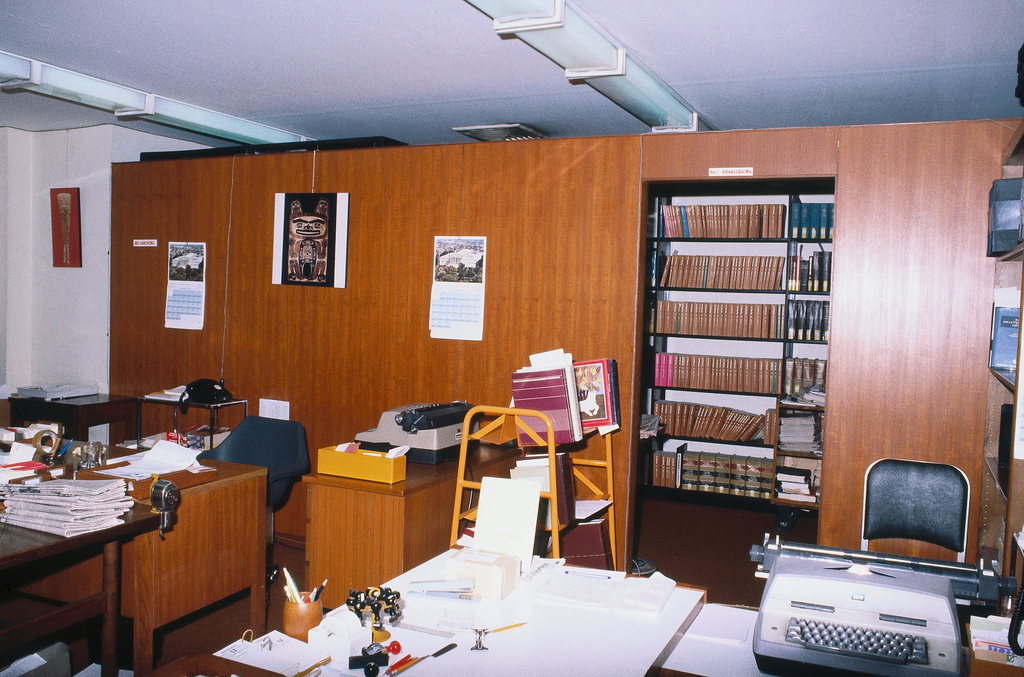When evaluating new technology, a proof of concept can be a very helpful way of ensuring you get what you think you are getting while avoiding unnecessary costs.
However, we sometimes see proof-of-concept projects that go off the rails, don’t achieve the expected outcomes, and cost a lot of money.
There is one particular mistake that we frequently see people make.
Read More
Topics:
Document Automation,
Legal Technology,
In-House Legal,
Document Assembly,
Legal Automation,
Matter Management,
Legal Operations,
Contract Management
When selling a house, an owner has a choice about whether to sell the house "as is, where is" or to do it up before putting it on the market.
It might seem like an unnecessary amount of cost and effort to replace the kitchen, bathroom, and 20-year-old carpet when you won't be the one who is around to enjoy using it. Why not just let the new owner put things in how they want them?
But not everybody in the market to buy a house wants to go through the whole effort of a significant renovation. Those that do are probably DIY renovators looking for a bargain. The number of people willing to take on a significant renovation while paying full value is much lower.
Given the choice, many people think it's easier and better to build their own home exactly as they want rather than try and retrofit it into someone else's home and clean up someone else's mess.
Similar issues apply when selling a law firm.
Read More
Topics:
Legal Technology,
Law Firm Management,
Law Firm Strategy
Because of our focus on document and legal automation, you might expect us to advocate for automating everything, but as with most things, it’s about context.
Automation is great when you have very high volumes, many standard options you need to choose from, and/or details that need to be entered multiple times. In those situations, you can save 75% or more of the drafting time while ensuring that the right clauses are inserted in the correct format. It can get you 90% or more of the way there, allowing you time to add the final 10%.
You don’t need to automate all documents, though.
Read More
Topics:
Document Automation,
Legal Technology,
In-House Legal,
Document Assembly,
Self-Service Legal Automation,
Legal Automation,
Legal Operations,
Contract Management
An issue that affects almost every organisation that we have worked with is formatting of their Word templates.
In most cases they are consistently inconsistent and terrible.
It not only reflects badly on the organisation and how the substance of the document may be perceived, but it’s a huge cost as it takes a lot of time for highly paid staff to fix, and refix, formatting each time a document is created.
If you want to automate your documents, its really important to fix your Word styles first. Even if you don't want to automate right now, it's still worth fixing your templates.
Read More
Topics:
Legal Technology,
In-House Legal,
Legal Automation,
Legal Operations,
Contract Management
via GIPHY
A recent series of articles published by Zac de Silva and Mark Fisher touched on issues that we've been observing recently too.
Mark Fisher states, "I've never seen a candidate-short market as extreme as this… and I worked in London through the GFC from 2006 to 2012. It's putting so much pressure on all of us and that's across every single industry, whether it's nursing, retail, hospital, professional services, engineering, tech, digital – every single industry is dramatically short."
It's clearly become very challenging for law firms too, and it will get worse.
The article above contains some great suggestions on better managing retention and staff recruitment.
There's another lever that can also help – technology.
Read More
Topics:
Practise of Law,
Document Automation,
Legal Technology,
In-House Legal,
Document Assembly,
Law Firm Management,
Legal Automation,
Legal Operations
I had two interesting conversations with law firm clients last week.
Both involved scenarios under which our automation would improve an overall business process and result in the law firm needing to do less in generating draft documents.
Neither conversation was based on wanting to pay the lawyers less.
Read More
Topics:
Practise of Law,
Document Automation,
Legal Technology,
In-House Legal,
Law Firm Management,
Legal Automation,
Legal Operations,
Value Pricing
I often talk to in-house lawyers who are unhappy with a technology solution they're using and are looking for a replacement.
When digging deeper, it often appears that they are not using it as intended to be used and are overlooking core features, which is a large part of the issue. Without using it properly, I think it's unfair to make judgements about how good it is, and hard to tell what you need in an alternative.
Read More
Topics:
Document Automation,
Legal Technology,
In-House Legal,
Document Assembly,
Law Firm Management,
Digital Signatures,
Legal Automation,
Email Management,
Legal Operations,
Contract Management
Earlier this month I was at the ILANZ conference. It was an excellent event - the best ILANZ I have been to.
There were several indications that technology for lawyers has matured a lot over the last year.
Read More
Topics:
Document Automation,
Legal Technology,
In-House Legal,
Document Assembly,
Digital Signatures,
Self-Service Legal Automation,
Compliance,
Legal Automation,
Legal Operations,
Contract Management
This year's ILANZ conference got off to a great start with Craig Hudson, until recently Xero's Country Manager, giving the opening talk about his personal journey, how that led him to Xero, and how vital a sense of purpose has been to him.
Xero has been such an incredible success story that most New Zealand software companies have at some time described themselves as the Xero of [insert market here].
It's still a very relevant analogy for technology companies helping lawyers.
Read More
Topics:
Document Automation,
Legal Technology,
In-House Legal,
Legal Automation,
Legal Operations,
Contract Management










 021 339 527
021 339 527 lawhawk@lawhawk.nz
lawhawk@lawhawk.nz








